Adaptive Recreation
From cycling and tennis, to painting, drone fishing and more, we support you to improve your skills and boost your confidence, preparing you to participate in activities that you enjoy.
Here, you can benefit from a team of experienced therapists who specialise in helping people with various conditions like spinal cord injury, brain injury, stroke, Parkinson's disease, multiple sclerosis, and more. We also support people with disabilities who are registered under the NDIS program.
Our goal is to help you build skills and confidence, empowering you to live a fulfilling life.
Don't hesitate to get in touch with us. Let's have a conversation about your needs and how we can support you in achieving your goals.

We pride ourselves on our skilled therapists and advanced technology that is second to none in Australia.


As part of our unwavering commitment to excellence, we continue to invest in advanced technology to contribute to our clients' journey towards better health. From world-class robotic exoskeletons to immersive virtual reality experiences, these exceptional products are carefully integrated with traditional therapies, ensuring the best possible outcomes.
Our goal is to provide you with effective solutions that enhance your path to wellness and greater independence.
Our services can benefit people living with or recovering from:
From cycling and tennis, to painting, drone fishing and more, we support you to improve your skills and boost your confidence, preparing you to participate in activities that you enjoy.
A dedicated case manager will help in coordinating your treatment, rehabilitation, and care after you've experienced an injury or illness.
A service aimed at helping individuals with a brain injury or disability enhance their relationship and dating skills.
You'll receive a thorough nutrition assessment tailored to your specific needs from a certified dietitian. They will carefully evaluate your meal plans and offer expert advice on specialised nutrition support.
Ready to get started on your Royal Rehab LifeWorks journey?
In the spirit of reconciliation, Royal Rehab acknowledges the Traditional Custodians of Country throughout Australia and their connections to land, sea, and community. We pay our respects to their Elders past, present and future and we extend our respects to all Aboriginal and Torres Strait Island peoples.

"*" indicates required fields